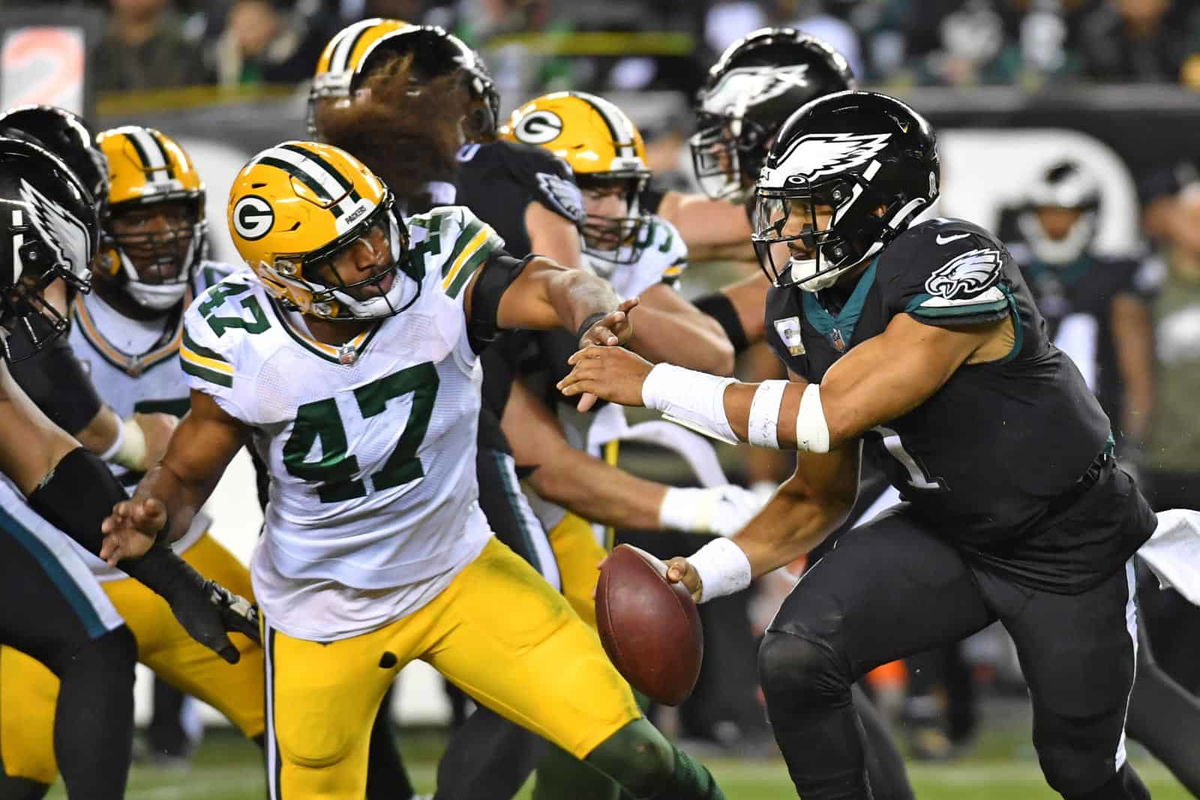

“I’ll challenge him to call it the same way they called it tonight the whole season.” John Harbaugh’s words yesterday echoed through the press room, dripping with the frustration of a coach who’d just watched his team get flagged and lose their first game of the season. Little did he know, his challenge would be answered even more bizarrely just 24 hours later as the NFL’s 2024 season opener in Brazil unfolded into a yellow-flag fiesta.
Watch What’s Trending Now!
On September 6, as the Philadelphia Eagles and Green Bay Packers squared off under the Brazilian night sky, fans were treated to a spectacle that would make football purists scratch their heads and rules analysts reach for their rulebooks. Romeo Doubs thought he had snagged a 38-yard touchdown pass from Jordan Love early in the game, igniting the Packers‘ sideline. But faster than you can say “instant replay,” the officials huddled, flags flew, and the scoreboard remained stubbornly unchanged.
The culprit? A scenario where both teams managed to field 12 players simultaneously, resulting in offsetting penalties that wiped the play clean off the books. This wasn’t just your run-of-the-mill Friday night lights fumble. It was a perfect storm of infractions that epitomized the NFL’s new era of stringent rule enforcement.
ADVERTISEMENT
Over the course of the play, until the end, there were 18 penalties recorded for 128 yards, according to crossingboard. Surprisingly, similar referee decision-making was noticed a day earlier when the Baltimore Ravens found themselves trapped in a penalty box of their own making during their season opener against the Kansas City Chiefs on September 5.
Flag wipes it off the board😫 painful!
— IKE Packers Podcast (@IKE_Packers) September 7, 2024
With Baltimore drawing five illegal formation penalties, four of these flags were accepted by the Chiefs, repeatedly gumming up the Ravens’ offensive works in their 27-20 loss. Left tackle Ronnie Stanley bore the brunt, getting flagged four times in the first half alone for lining up too far back.
ADVERTISEMENT
Ravens head coach John Harbaugh, his frustration palpable, threw down the gauntlet post-game. “They put a thing out there that they said they’d call it differently,” he told reporters, his words dripping with barely concealed exasperation. “I think understanding how differently we were the first offensive series of the season with that. I think they saw probably everyone watching it. It’ll be interesting to see if they call it the same way the whole season”
Now adding to this narrative The Packers-Eagles mishap wasn’t just about one overturned touchdown or even two teams making the same mistake simultaneously. It was a stark reminder of how the NFL’s renewed focus on penalties is reshaping the game in real time.
ADVERTISEMENT
How did both teams end up with 12 players on the field?
In a league where milliseconds and millimeters can make the difference between victory and defeat, how did both the Packers and Eagles manage to put an extra player on the field? It’s a mistake that seems almost unthinkable at the professional level, yet there it was, clear as day under the Brazilian night sky.
The error speaks volumes about the pressure and pace of the modern NFL game. With complex offensive schemes and defensive packages changing on the fly, communication breakdowns can happen in the blink of an eye. One player fails to leave the field, another jumps on too early, and suddenly you’ve got a gridiron traffic jam that would make rush hour look like a Sunday drive.
ADVERTISEMENT
This incident isn’t isolated. It’s part of a larger trend in the NFL’s crackdown on what they see as unfair advantages. According to Football Zeal on X, “The formation fouls were reviewed with teams extensively before, during, and after training camps by the officiating department. The bowing of the linemen is an advantage in pass rush situations, and the Competition Committee said it had to be shut down.”
Top Stories
Andy Reid Fires Coach In Attempt to Rebuild Staff After Receiving HC Requests For Chiefs’ Coordinators
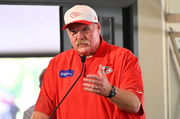
Sources: John Harbaugh Wasn’t Fired, Left Ravens After Refusing Major Staff Changes
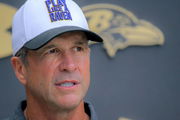
Three Arrested in Cleveland For Burglary at Shedeur Sanders’ Home
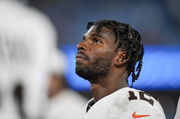
Mike McDaniel Contract: How Much Do Miami Dolphins Owe the Fired Coach?
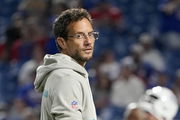
Chiefs Issue Official Statement as WR Rashee Rice Faces Accusations of Domestic Abuse
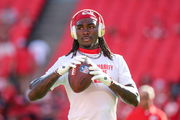

ADVERTISEMENT
The NFL’s new world is leaving players, coaches, and fans wondering what to expect. Will every game turn into a stop-start affair that tests the patience of even the most die-hard supporters? Or is this just a heavy-handed way to set the tone for the season? Either way, it’s clear that in this new NFL landscape, even the smallest infractions can have game-changing consequences.
ADVERTISEMENT
ADVERTISEMENT
ADVERTISEMENT
ADVERTISEMENT

